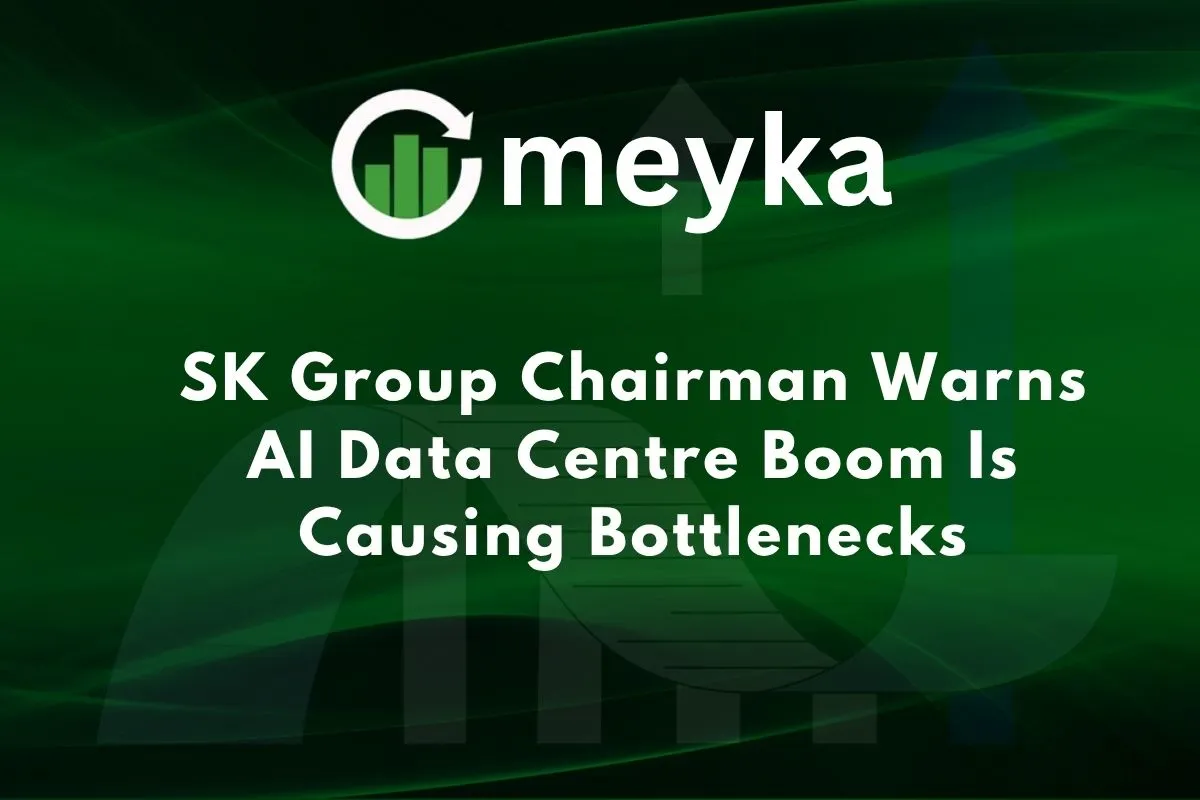SK Group Chairman Warns AI Data Center Boom Is Causing Bottlenecks
SK Group Chairman Chey Tae-won recently highlighted significant challenges in the rapid expansion of artificial intelligence (AI) data centers. Speaking at a business forum during the Asia-Pacific Economic Cooperation (APEC) summit in Gyeongju, South Korea, Chey emphasized that the surge in AI infrastructure is overwhelming existing supply capacities, particularly in chips and related services. This rapid development is leading to global bottlenecks, affecting industries and economies worldwide.
Global Supply Chain Strain
The explosive growth in AI data centers is creating bottlenecks for chips and other key supplies, according to SK Group Chairman Chey Tae-won. He stated that the rapid developments and changes are ultimately leading to bottlenecks around the world. Chey, who heads the large South Korean conglomerate that includes memory chipmaker SK Hynix, noted that many AI data centers need to be built, and for everything that goes into them, from ….
Impact on the Semiconductor Industry
SK Hynix, a significant supplier of High-Bandwidth Memory (HBM) chips to Nvidia, is experiencing supply constraints due to the rapid expansion of AI data centers. The company, which holds a 33% market share in DRAM and a 21% share in NAND as of 2024, is facing challenges in meeting the surging global demand. Despite these constraints, SK Hynix reported a revenue of $55.3 billion with a net margin of 37.37% and an EBITDA margin of 62.94%, indicating strong profitability and robust financial health.
Energy and Infrastructure Challenges
The increasing power demands of AI data centers are prompting operators to expand carbon-free energy initiatives and advance liquid cooling technologies to enhance energy efficiency and reduce consumption. Industry leaders emphasize that ensuring an uninterrupted power supply is the first crucial step in establishing AI datacenters.
Investor Reaction and Market Sentiment
Shares of South Korean semiconductor giants SK Hynix and Samsung Electronics surged after they signed a letter of intent with OpenAI to supply semiconductors for the $500 billion Stargate AI data center project. SK Hynix plans to ramp up production to meet OpenAI’s demand for up to 900,000 DRAM wafers per month, more than twice the current HBM industry capacity. This deal signals massive AI-driven semiconductor demand, with SK’s HBM3E chips being capable of exceptionally high data transfer speeds.
Conclusion
The rapid expansion of AI data centers is creating significant bottlenecks in global supply chains, particularly in the semiconductor and energy sectors. Companies like SK Hynix are facing challenges in meeting the surging demand, despite their strong financial positions. Addressing these bottlenecks will require coordinated investments in manufacturing capacity and infrastructure development. As the AI race intensifies, strategic partnerships and technological advancements will be crucial in overcoming these challenges and ensuring sustainable growth in the AI sector.
FAQS
The primary bottlenecks include shortages in semiconductor components, particularly High-Bandwidth Memory (HBM) chips, and challenges in energy supply and infrastructure development.
SK Hynix plans to ramp up production to meet OpenAI’s demand for up to 900,000 DRAM wafers per month, more than doubling the current HBM industry capacity.
Investors are showing strong interest, as evidenced by the surge in shares of SK Hynix and Samsung Electronics following their partnership with OpenAI for the Stargate AI data center project.
Addressing the bottlenecks will require coordinated investments in semiconductor manufacturing capacity, energy infrastructure, and cooling technologies, along with strategic partnerships across the AI ecosystem.
Disclaimer:
The content shared by Meyka AI PTY LTD is solely for research and informational purposes. Meyka is not a financial advisory service, and the information provided should not be considered investment or trading advice.






